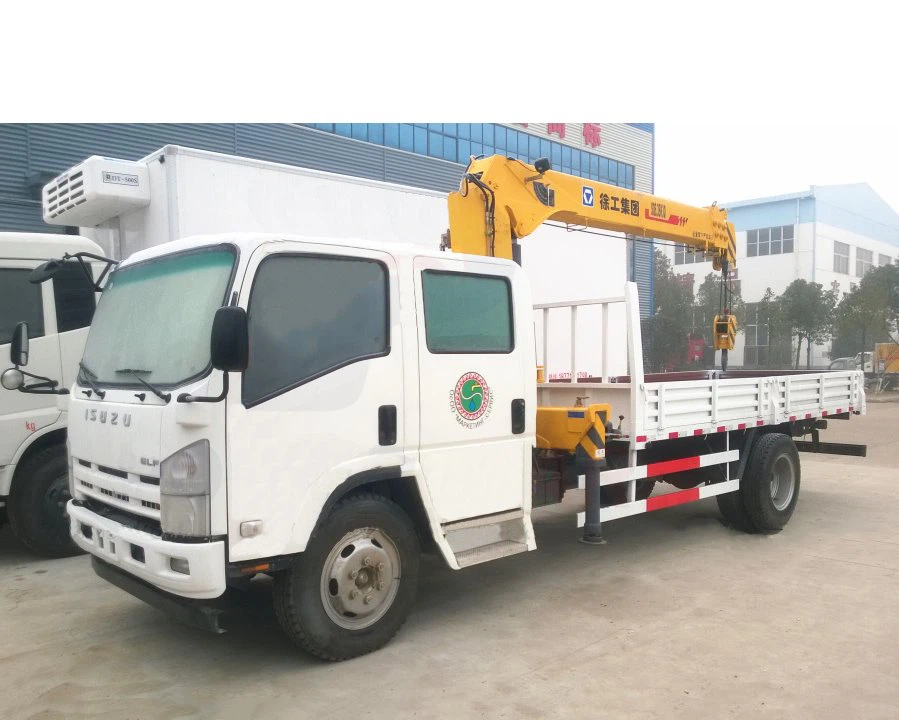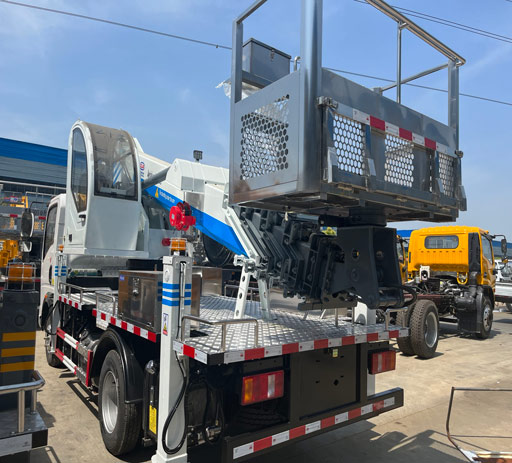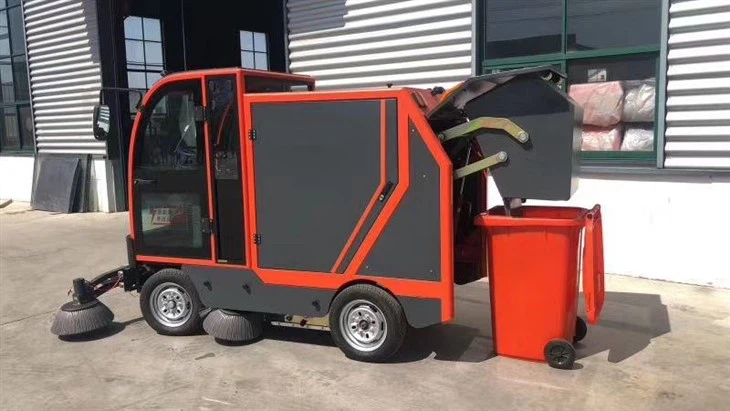Understanding Hook Lift for Pickup Trucks: A Comprehensive Guide

Introduction
Hook lifts have become an essential tool for pickup truck owners who require versatility and efficiency in their hauling capabilities. Whether you’re a contractor, a landscaper, or simply someone who needs a reliable way to transport heavy loads, understanding what a hook lift can do for your pickup truck is vital. This article dives deep into the functionality, benefits, installation, and considerations of hook lifts for pickup trucks, ensuring you have all the knowledge you need to make an informed decision.

What is a Hook Lift System?
A hook lift system is a type of equipment designed to load and unload containers onto a truck. It utilizes a hook mechanism that lifts the container off the ground, allowing for easy transport. The system can be mounted on a variety of vehicles, but it’s particularly popular with pickup trucks due to their versatility.

How Does a Hook Lift Work?
The hook lift system operates using hydraulic power to activate the hook mechanism. Here’s how it typically works:
- The driver positions the hook lift near a container.
- Using controls in the cab, the operator lowers the hook and secures it around the container.
- Once secured, the hydraulic system lifts the container high enough to clear the truck bed.
- The container is then slid into the bed of the truck or unloaded, depending on the application.
Benefits of Using a Hook Lift for Pickup Trucks

1. Increased Versatility
One of the biggest advantages of using a hook lift is the ability to haul different types of containers. You can switch between flatbeds, dumpsters, or tanks with minimal effort.
2. Time-Saving
Hook lifts streamline the loading and unloading process, reducing the time spent moving materials, which can be crucial for businesses that operate under tight deadlines.
3. Enhanced Safety
When using a hook lift, the load is secured more effectively, minimizing the risk of accidents caused by incorrectly loaded materials.
4. Cost-Effective Solution
Instead of investing in multiple vehicles for different jobs, a hook lift allows for the multifunctional use of a single pickup truck, saving you money in the long run.
Types of Hook Lift Systems
1. Manual Hook Lifts
Manual hook lifts require physical effort to operate, making them more cost-effective but potentially less efficient for frequent use.
2. Hydraulic Hook Lifts
Hydraulic systems are powered by the truck’s engine, providing smooth and effortless operation. They are ideal for heavy-duty applications requiring frequent loading and unloading.
3. Electric Hook Lifts
Electric hook lifts are becoming more popular due to their quieter operation and lower environmental impact. They are suitable for lighter loads and urban applications.
Choosing the Right Hook Lift for Your Pickup Truck
1. Truck Compatibility
Before purchasing a hook lift, ensure that it is compatible with your pickup truck’s make and model. Check the weight capacity and dimensions to avoid installation issues.
2. Load Capacity
Evaluate the typical loads you will be moving. Hook lifts come in various weight capacities, so choose one that meets your needs without exceeding your truck’s limits.
3. Type of Containers
Consider what types of containers you plan to use—dumpsters, flatbeds, or custom tanks—and select a hook lift designed to handle those specific types.
Installation of Hook Lifts on Pickup Trucks
1. Professional Installation Vs. DIY
While DIY installation may save money, it’s generally recommended to hire professionals unless you are familiar with hydraulic systems.
2. Required Tools and Equipment
Professional installation typically requires hydraulic tools, mounting brackets, and electrical components, which may not be easily accessible for a DIYer.
3. Safety Precautions During Installation
- Ensure the truck is on a level surface.
- Use proper personal protective equipment (PPE).
- Follow the manufacturer’s installation instructions carefully.
Cost Considerations for Hook Lifts
1. Purchase Price
The price of hook lift systems can range greatly based on capacity, brand, and type. Expect to pay anywhere from $2,000 to $10,000 or more for a quality system.
2. Installation Costs
Professional installation can add an extra $500 to $1,500 to your overall investment, depending on the complexity of the installation and local labor rates.
3. Maintenance Expenses
Regular maintenance is essential to ensure the longevity of your hook lift. Budget for hydraulic fluid changes, inspections, and potential repairs.
Practical Examples of Hook Lift Use Cases
1. Construction Sites
Hook lifts are ideal for transporting debris containers or portable toilets to job sites.
2. Landscaping
Landscape companies use hook lifts to transport mulch, soil, or other bulk materials efficiently.
3. Waste Management
Commercial waste services can efficiently manage refuse containers by utilizing hook lifts on their trucks.
Maintaining Your Hook Lift System
1. Regular Inspections
Inspect the hydraulic system for leaks and check the integrity of the hook and mounting brackets regularly.
2. Hydraulic Fluid Levels
Ensure that the hydraulic fluid is at the recommended level to prevent overheating and equipment failure.
3. Cleaning and Lubrication
Keep the system clean from debris and lubricate moving parts according to the manufacturer’s directions for optimal performance.
FAQs about Hook Lifts for Pickup Trucks
1. What can I use a hook lift for?
Hook lifts can be used to transport various containers, including dumpsters, flatbeds, and tanks, making them suitable for construction, landscaping, and waste management.
2. How much weight can a hook lift carry?
The weight capacity of hook lifts varies significantly. Depending on the model, they can typically carry between 4,000 to 18,000 pounds or more.
3. Are hydraulic hook lifts easy to operate?
Yes, hydraulic hook lifts are designed for ease of use, often operated by controls inside the truck cab for convenience.
4. How often should I maintain my hook lift?
It’s advisable to conduct inspections and maintenance every three to six months, depending on usage, to ensure optimal functioning.
5. Can I install a hook lift myself?
While it’s possible, professional installation is recommended due to the complexity of hydraulic systems to ensure safety and proper functioning.
6. What are the different types of containers I can use with a hook lift?
You can use various containers, including roll-off dumpsters, flatbeds, and specialized tanks for liquids or granular materials, depending on your needs.
